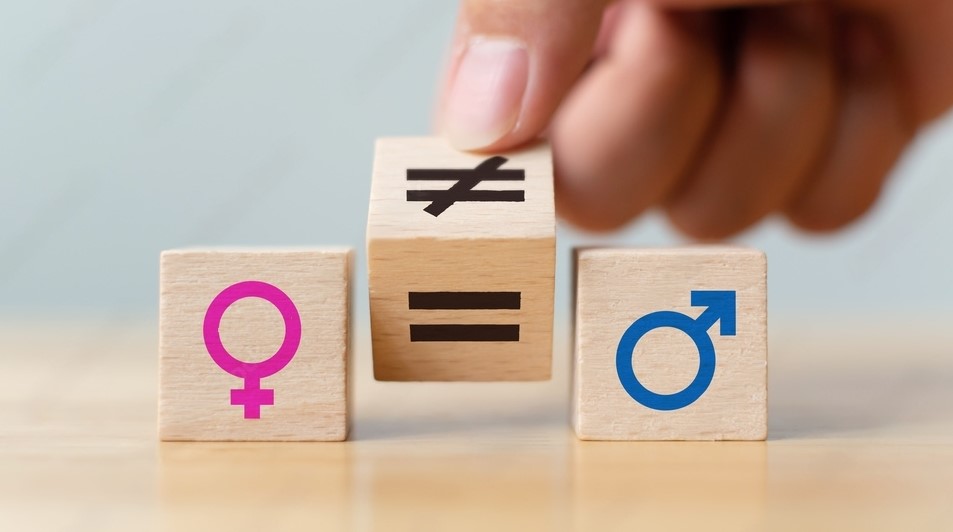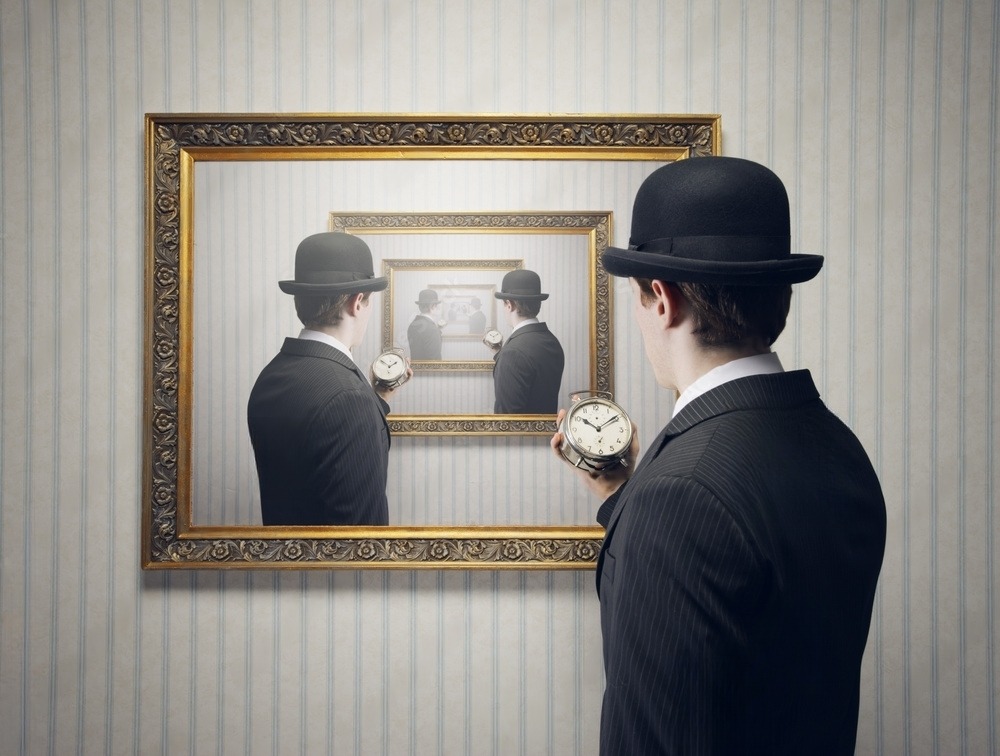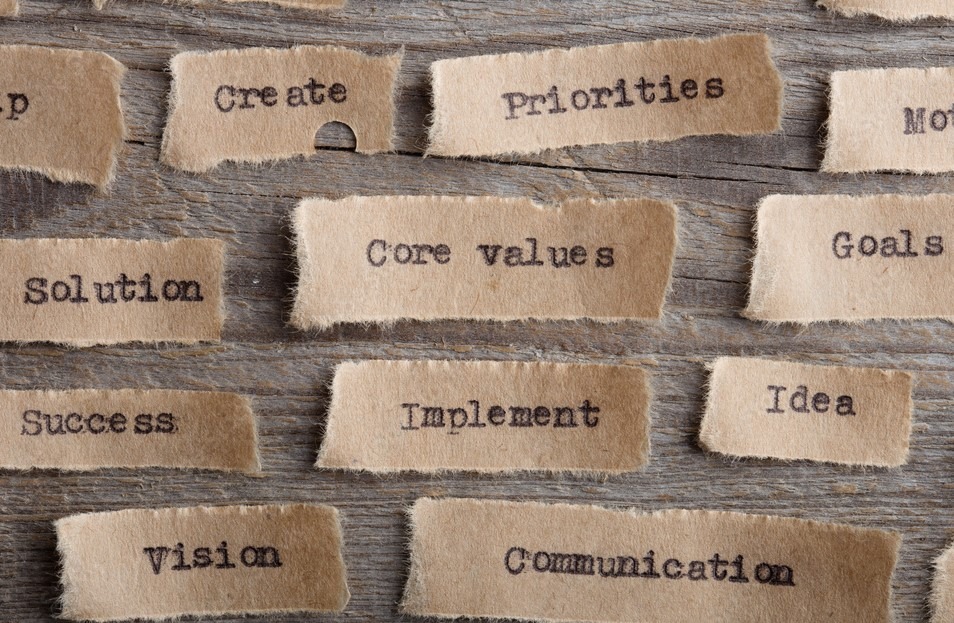Research has shown that regardless of the therapist’s approach, one of the biggest indicators of success in therapy is the therapeutic alliance, or in other words, how well you vibe with your therapist (Ardito and Rabellino, 2011). So when navigating the endless bios and smiling faces how do we know who’s the right fit? How much value do we put into factors like having the same cultural background as the therapist? What about resonating with their approach to therapy? How much value do we put into factors like age, experience, gender or sex of our potential therapist? When we start thinking about all of these factors, it’s not a surprise that we become overwhelmed.
The Magic Formula
Unfortunately, there is no magic formula for choosing a therapist. Ultimately, it comes down to personal preference. Everyone will have their own unique preferences and levels of comfort in sharing with any therapist. Regardless of gender or sex, it’s important to remember that all therapists are trained under similar understandings.
The goal of any good therapist is to create a safe, non-judgmental environment where an individual can explore their concerns with a trained professional. A good therapist will help you explore and elaborate on your thoughts and feelings. All while using their skills of active listening and understanding of specific psychotherapy techniques to help you along the way. When we take into consideration the specialized training, it is absent of factors like gender, culture or other factors.
The Importance of Preferences
That is not to say that we won’t and shouldn’t have a preference. As mentioned earlier, how well you mesh with your therapist can play an important role in determining your success in therapy (Ardito and Rabellino, 2011). Some research suggests females often feel more comfortable discussing their personal concerns initially with a therapist of the same gender. However, similar research suggests some females prefer sharing career-related concerns with a male therapist (Landes et al., 2013). So what is the answer? Long-term research has shown that regardless of gender, the differences in outcome of therapy do not differ significantly (Lambert, 2016; Landes et al., 2013).
There is no magic formula when it comes to finding a fit with a therapist. Every individual walks through those doors for help with their own unique preferences. When considering which therapist to see it is important that we take the time to inspect our preferences. Now, go back and read the paragraph about what a “good therapist” is. Is there a specific image that comes to mind? Or is this image more flexible than originally thought?
Exploring Healing
As important as it is to keep an open mind about the potential gender or sex of our therapist, it is also important to consider our triggers and precipitating factors coming into therapy. It’s completely okay to feel uncomfortable talking to someone of the opposite gender because of a current or former abuser. You may feel uncomfortable or unsure about matching with a therapist of a particular background. But remember, the role of a therapist is to create a safe and empathetic space for you to talk about your concerns. Talk to your therapist about your expectations, concerns, and fears related to the therapeutic relationship.
The barrier of gender may be too difficult for you to face, and that is completely okay. However, are the underlying concerns specific to gender, or will open communication and feeling understood outweigh the gender related factors. Will challenging our comfort zone allow us to redefine our assumptions of a particular gender? Could it allow us to create a new norm of safe communication and trust? Approaches such as Emotional Processing Theory highlight that in order to challenge these assumptions and the underlying emotions such as fear, trauma or worry we must provide evidence that is contradictory to the original fear memory. By presenting contradictory evidence in a safe space, we can develop new responses to triggers (Rupp et al., 2017).
Predetermined Perceptions
When we think of the stereotypical build of a male, what do we imagine? Men are stereotypically larger and have deeper voices. Maybe our image of a typical male embodies characteristics of boisterousness, intimidation and strength? When we think of these characteristics in a counselling setting, it is completely understandable to feel uncomfortable. Regardless of gender, most of us would not respond well to those traits in a therapeutic setting. Stereotypically these gender traits are associated with males; however, could they not be used to describe any gender?
How we define the typical male model is based strongly on our own personal experiences. It is important to consider how roles were defined within our family. Who talked more about emotions? Who was more open to creating a safe space for us? How did dad, or mom, process and regulate their emotions? When looking at family roles, it is important to consider the impact it could have on our perception of particular genders (McLean, 2019). Aside from family interactions, factors such as memories, role models, and our own personal narrative, can play a big role in determining our perception of what a male therapist is. However, any good therapist, would want to promote empathy, compassion, respect and an overall safe space.
What’s the Answer
So, how important is the gender or sex of your therapist? Unfortunately there is no black and white answer. Research suggests that gender may be a factor we consider, but the connection with the therapist makes the greatest impact. Trust, emotional connection, and understanding are factors that can transcend the role of gender in the counselling setting (Lambert, 2016). More than gender, it’s important to feel safe, heard, and comfortable with your therapist. After all, you’ll be spending a lot of time exploring your emotions and thoughts with them. Ultimately, it is what you feel comfortable with. Gender may play a significant role in your decision, but it shouldn’t be the only factor we consider.
How Can We Help?
If that image of a “good therapist” that came to your mind earlier is more flexible than you thought, or if you’re interested in exploring what challenging your comfort zone could look like, let’s connect! After all, evidence suggests that the therapeutic alliance is the most important factor in determining success, regardless of the therapist’s gender. After your risk-free consultation if you find that you don’t vibe with interacting with a male therapist, that is totally okay! That is the beauty of the risk-free consultation, it’s risk-free. A safe, open, no strings attached opportunity to explore your therapeutic needs, and opening the door to a potential new therapeutic relationship!
References
Ardito, R. B., & Rabellino, D. (2011). Therapeutic alliance and outcome of psychotherapy: Historical excursus, measurements, and prospects for Research. Frontiers in Psychology, 2. https://doi.org/10.3389/fpsyg.2011.00270
Lambert, M. J. (2016). Does client-therapist gender matching influence therapy course or outcome in Psychotherapy? Evidence Based Medicine and Practice, 02(02). https://doi.org/10.4172/2471-9919.1000108
Landes, S. J., Burton, J. R., King, K. M., & Sullivan, B. F. (2013). Women’s preference of therapist based on sex of therapist and presenting problem: An analog study. Counselling Psychology Quarterly, 26(3-4), 330–342. https://doi.org/10.1080/09515070.2013.819795
McLean, M. (2019). A therapist’s gender: Does it make a difference? Find a Counsellor. Retrieved from https://www.australiacounselling.com.au/therapists-gender-make-difference-effective/
Rupp, C., Doebler, P., Ehring, T., & Vossbeck-Elsebusch, A. N. (2017). Emotional processing theory put to test: A meta-analysis on the association between process and outcome measures in exposure therapy. Clinical Psychology & Psychotherapy, 24(3), 697–711. https://doi.org/10.1002/cpp.2039












